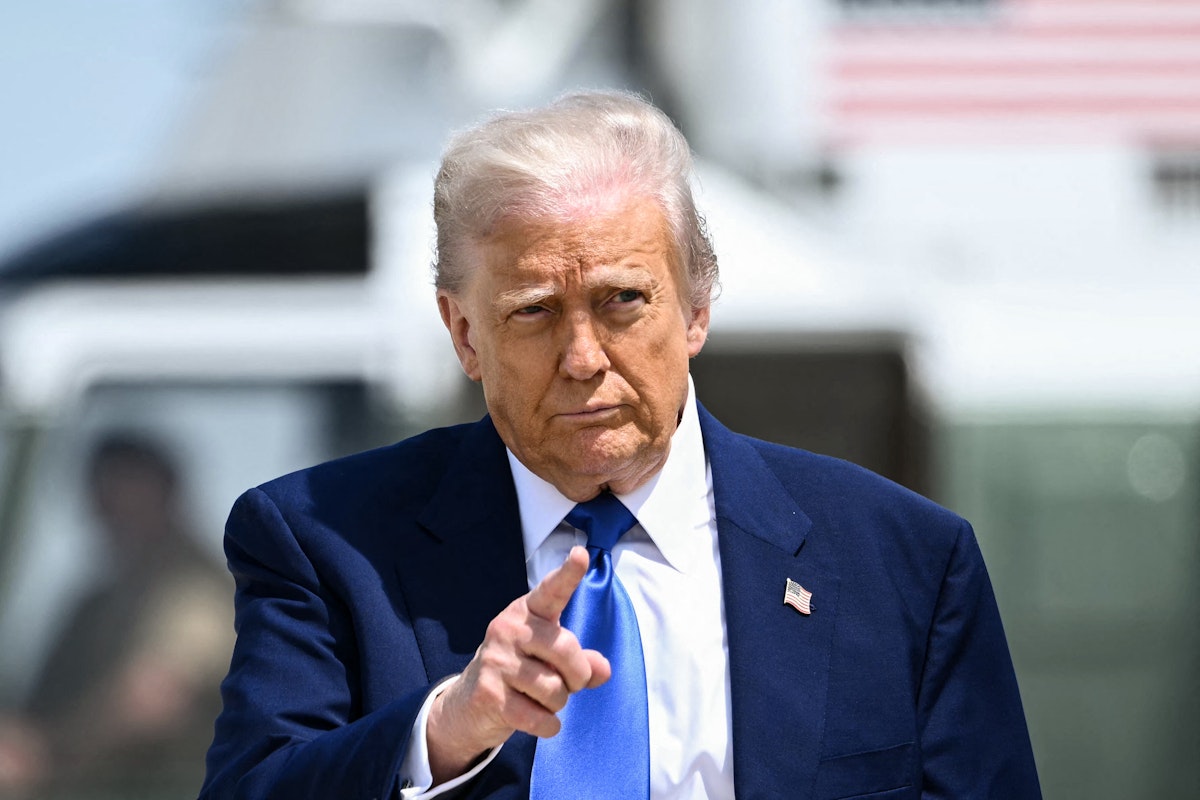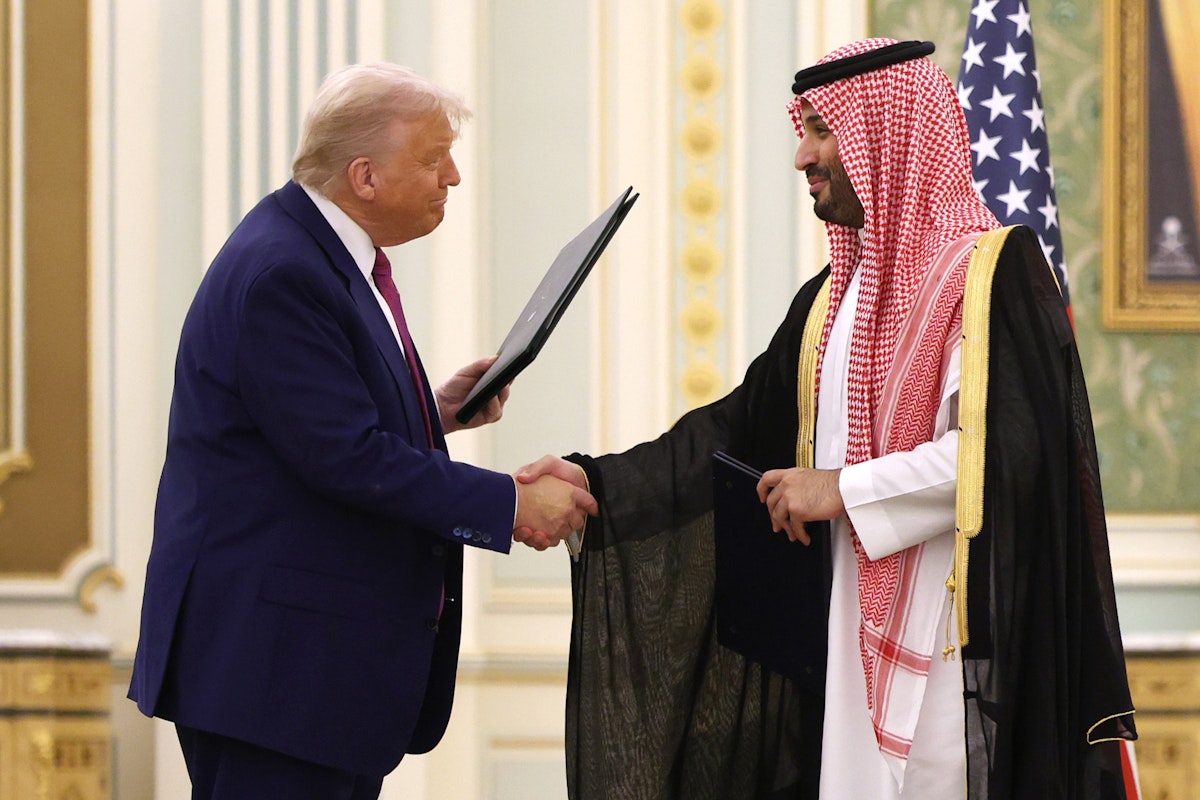Now Reading: Trump’s Tariffs May Save Us From Podcast Bros
-
01
Trump’s Tariffs May Save Us From Podcast Bros
Trump’s Tariffs May Save Us From Podcast Bros

Donald Trump’s podcast appearances last summer were beneficial in securing support from crucial voter demographics like young men, but his economic policies might now harm the audio industry. In April, all items on the consumer price index saw a minimum 0.2 percent rise, with audio equipment prices soaring by 8.8 percent. This surge has negatively impacted podcasters, with market columnist Sam Ro highlighting the industry’s struggles due to the president’s tariff initiatives.
Trump’s tariff measures have rattled investors since their inception in early April, resulting in economic losses for working- and middle-class Americans, stalling business decisions, and straining international relations. The recent rollback of tariffs on China, from 145 percent to 30 percent for 90 days, helped stabilize markets and bolster the dollar. However, some economists warn that the 90-day truce is not a definitive agreement, raising concerns over sector-specific tariffs that could jeopardize a $600 billion trade deal.
Trump’s rationale for tariffs, aimed at reducing trade deficits, has faced criticism from financial experts who argue that such measures could harm the U.S. economy by inflating prices, discouraging consumer spending, and failing to bring back jobs as promised. The Harvard Kennedy Business School even suggested that the trade deficit is not a significant concern, emphasizing the benefits Americans derive from foreign investments.
Additionally, Trump’s recent $142 billion arms deal with Saudi Arabia, touted as the largest in history, has raised questions about the administration’s ties with the country. The deal, part of a broader $600 billion investment commitment, aligns with Saudi Crown Prince Mohammed bin Salman’s pledge to invest in the U.S. Notably, Trump’s business connections with Saudi Arabia, including the Trump Tower Jeddah project, have come under scrutiny, further complicating the administration’s foreign relations strategy.
Moreover, Senate Minority Leader Chuck Schumer’s move to halt Justice Department nominations until clarification on Qatar’s $400 million plane gift to Trump sheds light on potential ethical concerns. The alleged gift, viewed as a quid pro quo, has sparked calls for transparency and accountability in government dealings. Schumer’s actions underscore broader concerns about undue foreign influence and conflicts of interest in the Trump administration.
In another development, Joe Biden’s mental acuity during his presidential campaign has come under scrutiny, with new revelations suggesting a cover-up of his cognitive decline by his inner circle. Accounts from former staffers detail efforts to shield Biden’s deteriorating mental state, raising questions about his fitness for office and the transparency of his team. The revelations, outlined in upcoming books, paint a chaotic picture of Biden’s final months on the campaign trail and the ethical dilemmas surrounding his candidacy.
Lastly, Trump’s decision to allow white South African “refugees” entry into the U.S., while terminating protected status for Afghan immigrants, has drawn criticism for its racial undertones. The administration’s discriminatory immigration policies, as exemplified by the treatment of different refugee groups, underscore broader concerns about racial bias and xenophobia in Trump’s approach to immigration. Landau’s remarks highlighting the ease of assimilation for white Afrikaners reveal a troubling preference for certain ethnic groups, further fueling debates on racism in immigration policies.






